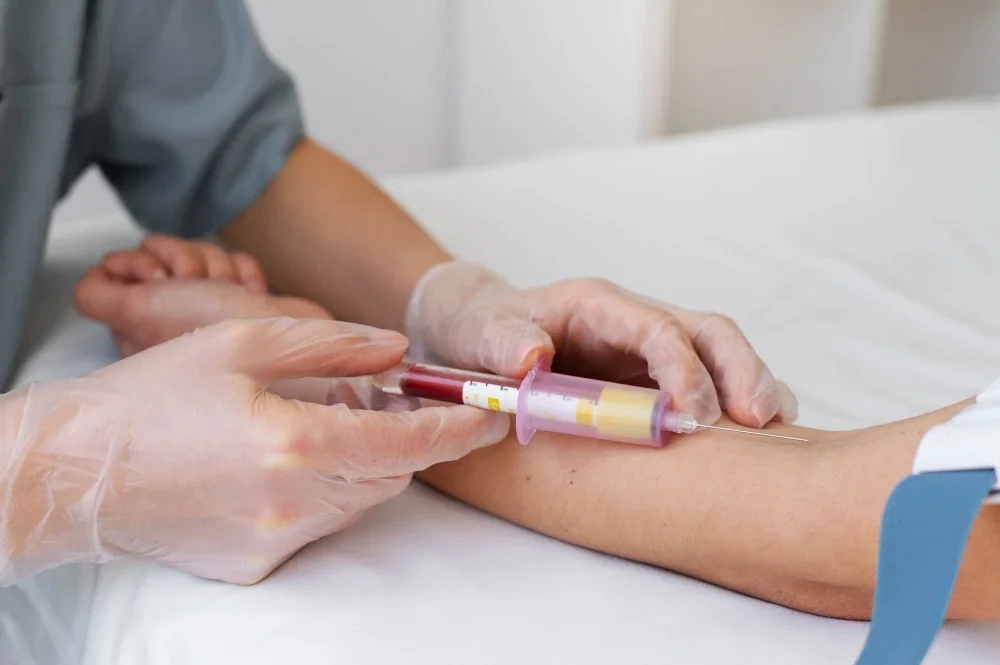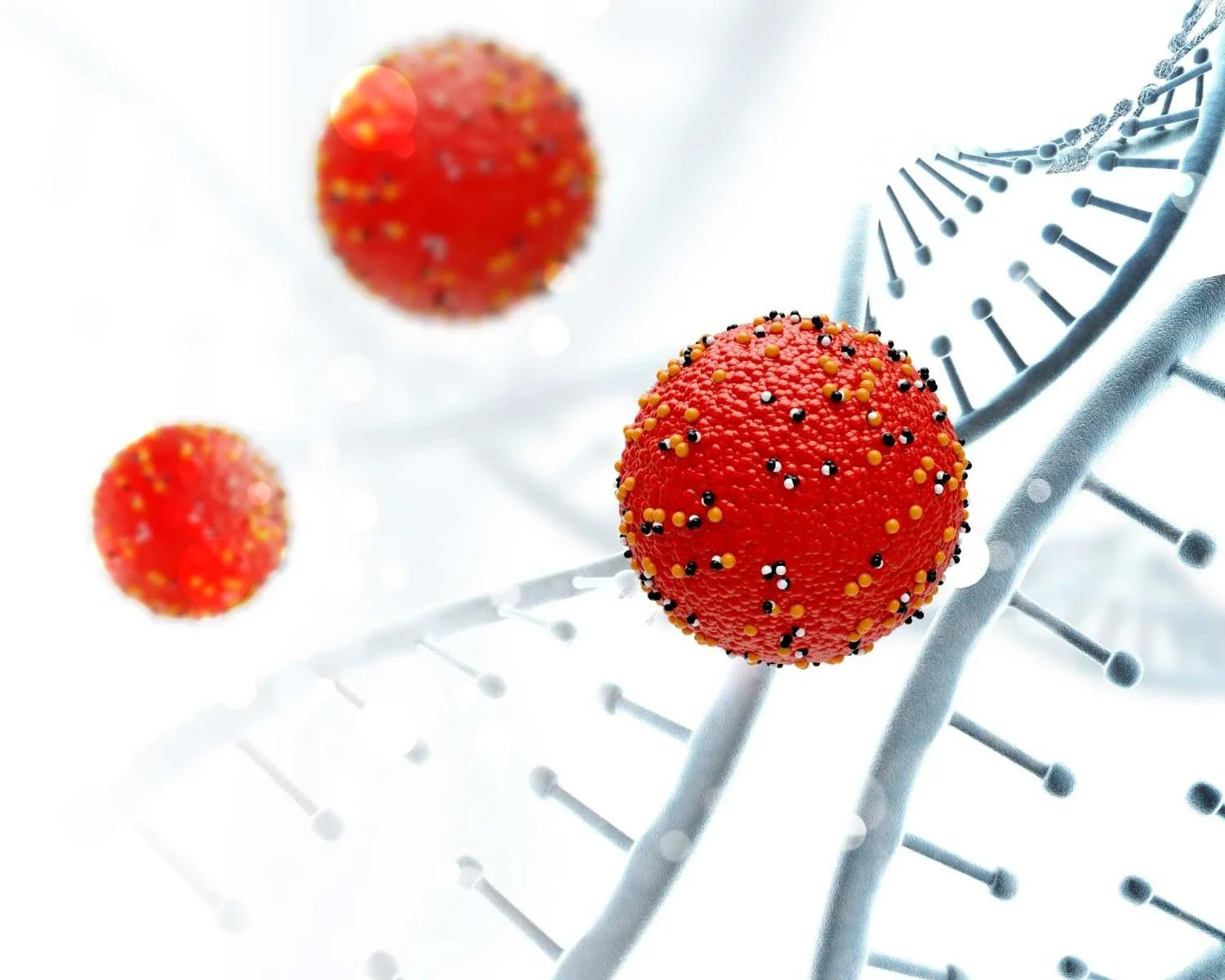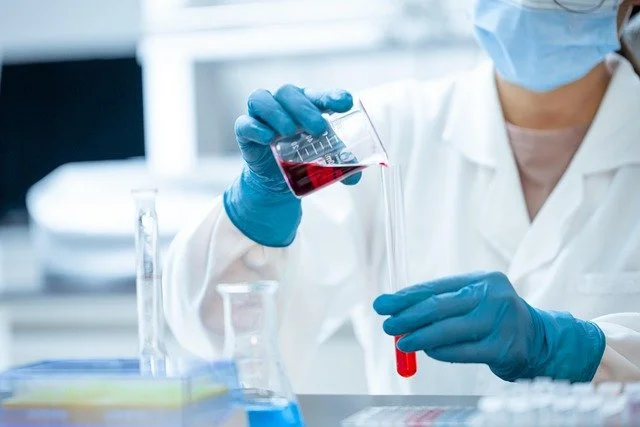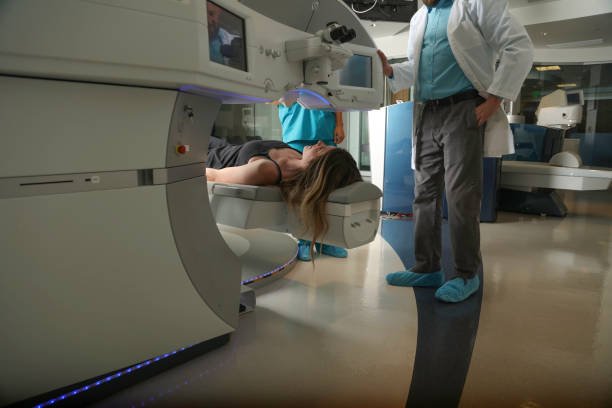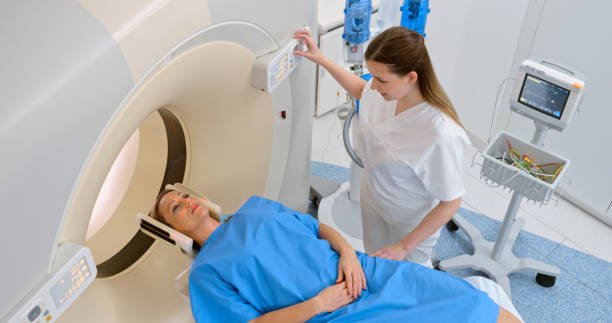
Nephrology Department
Nephrology
About
JIET Hospital's Nephrology department is renowned for managing and treating kidney-related ailments. Comprising expert Nephrologists, this department specializes in diagnosing and treating kidney diseases by employing various services like diagnostic testing, medication management, and dialysis. They are also instrumental in educating patients and their families about kidney diseases. The Nephrologists at JIET collaborate with various healthcare professionals like nurses, dietitians, social workers, and pharmacists to ensure a holistic treatment approach. Their work revolves around maintaining the patient's kidney function and promoting overall health by balancing essential substances like electrolytes and hormones. This comprehensive care approach positions the Nephrology department of JIET Hospital as a critical player in kidney health.Key procedures (IPD)
Permeating Insertion: A medical procedure.Kidney Biopsy: Diagnostic technique for kidney diseases.Renal parenchymal diseases affect kidney tissue.Diabetic nephropathy: Diabetes-induced kidney damage.Polycystic kidney disease: Genetic renal disorder.Reflux, obstructive nephropathies: Urinary tract disorders.Chronic kidney disease: Long-term renal deterioration.Acute kidney injury: Sudden kidney failure.
Key Services
24/7 dialysis servicesICU patient dialysisUltrasound-guided renal biopsiesDiabetic, hypertensive, immune kidney disease consultancyPre/post-dialysis carePost-transplant follow-ups
Key Equipment & Infrastructure
State-of-the-art Dialysis Units: Advanced, high-quality healthcare facilities.Critical Care Dialysis: Specialized, urgent renal care.Hemodialysis Machines: Technologically advanced, efficient equipment.Trained Technologist: Highly skilled, qualified healthcare professionals.
In-House Investigations
CBC/CRF: Complete Blood Count and Chronic Renal Failure assessment.Immunology/Markup: Analyzing immune response and genetic makeup.USG Abdomen: Ultrasound for abdominal diagnosis.CT: Computed Tomography scanning.MRI: Magnetic Resonance Imaging technique.Tromplaint Workup: Thrombophilia diagnostic procedure.
FAQs
-
The frequency of visits can vary depending on the severity of your kidney disease, the type of treatment you're undergoing, and other individual factors. Typically, those with advanced kidney disease or undergoing dialysis might see their nephrologist more frequently.
-
The frequency of visits can vary depending on the severity of your kidney disease, the type of treatment you're undergoing, and other individual factors. Typically, those with advanced kidney disease or undergoing dialysis might see their nephrologist more frequently.
-
Acute kidney injury (AKI) is a sudden episode of kidney failure or damage that happens within a few hours or a few days. It's often reversible with adequate treatment. Chronic kidney disease (CKD) is a long-standing condition where the kidneys progressively lose their function over time, often over months to years.
-
Common symptoms include swelling in the legs, ankles, or feet, changes in urine output (more or less frequent), blood in the urine, high blood pressure, persistent fatigue, shortness of breath, and nausea. However, many kidney diseases might not produce symptoms until they're advanced.
Blog
यह छवि रक्त नमूना लेते समय की चिकित्सा प्रक्रिया को दर्शाती है, जो कैंसर की जांच और निदान में महत्वपूर्ण भूमिका निभाती है।
खून की जांच से शरीर में कैंसर से जुड़े संकेत, संक्रमण या उपचार की प्रतिक्रिया को समझने में मदद मिलती है।
यह चित्र कैंसर कोशिकाओं और DNA संरचना को दर्शाता है, जो यह समझाने में मदद करता है कि कैंसर इम्यूनोथेरेपी कैसे शरीर की इम्यून सिस्टम को सक्रिय करती है।
इम्यूनोथेरेपी में शरीर की प्राकृतिक प्रतिरोधक क्षमता को मजबूत कर कैंसर का आधुनिक इलाज किया जाता है, जिससे कैंसर कोशिकाओं को पहचानकर नष्ट किया जा सके।
A laboratory researcher carefully handling blood samples during advanced medical testing, representing innovation and precision in healthcare.
This visual reflects ongoing research efforts contributing to the Latest cancer treatment and modern diagnostic advancements.
Modern medical advances have made it easier than ever to find cancers early, but one thing hasn't changed: men sometimes find out about their cancers too late. A lot of men either ignore early signs, think they're not serious, or put off going to the doctor because they're busy or don't want to. Unfortunately, these unnoticed symptoms could sometimes be signs of dangerous diseases that are slowly growing in the body. Men can begin therapy at the best time by being aware of the early warning signs
Chemotherapy is one of the best ways to treat cancer, but it can also make you feel sick, give you mouth sores, make you tired, and change your taste. During this time, your body needs more nutrients to stay strong, keep your immune system strong, and heal faster.
Vitamin C is one of the most important nutrients for the human body because it helps cells repair themselves, boosts the immune system, and speeds up healing. But high-dose vitamin C has also gotten a lot of attention over time for another reason: it might be able to kill or weaken cancer cells. A lot of people want to know how it works and if it's safe. When you get cancer treatment, knowing the facts will help you make smart decisions.
Your body needs a lot of nutrition while you are getting cancer treatment, but one of the most common side effects is loss of appetite. Radiation, chemotherapy, drugs, stress, and changes in the digestive system can all make you less hungry.
Completing cancer therapy is a significant event. It is a moment of relief, pride, and hope. However, for many cancer survivors, the road continues after treatment is finished. Emotional healing takes time, and feeling nervous, overwhelmed, or uncertain about the future is common.Like the body, the mind requires support, comfort, and care after cancer.
Chemotherapy uses drugs to kill cancer cells throughout the body, while radiation therapy uses targeted high-energy rays to destroy cancer cells in a specific area. Chemotherapy affects the entire system; radiation therapy focuses on localized treatment.
The Oncology Department at JIET Hospital specializes in comprehensive cancer care, offering advanced diagnostics, personalized treatment plans, chemotherapy, radiation therapy, and supportive services. Our expert team is dedicated to improving patient outcomes through compassionate, state-of-the-art medical care.
JIET Hospital’s Oncology Department offers advanced cancer care with modern technology, expert oncologists, and compassionate support—ensuring holistic treatment, early detection, and personalized therapy for every patient’s journey.
ऑन्कोलॉजी कैंसर की पहचान और इलाज की विशेषज्ञ शाखा है, जिसमें कीमोथेरेपी, रेडिएशन और सर्जरी शामिल हैं। जीत मेडिकल कॉलेज, जोधपुर में कैंसर का संपूर्ण इलाज आरजीएचएस योजना के तहत सुलभ और विशेषज्ञ देखरेख में उपलब्ध है।
Radiation therapy, also known as radiotherapy, is a crucial treatment method in the fight against cancer. It employs high doses of radiation to kill cancer cells and shrink tumors.
पेट स्कैन (PET Scan) या पॉज़िट्रॉन एमिशन टोमोग्राफी एक उन्नत चिकित्सा इमेजिंग तकनीक है, जिसका उपयोग मुख्य रूप से कैंसर, हृदय रोगों और मस्तिष्क विकारों का निदान करने के लिए किया जाता है।
Cancer is a disease whose treatment is costly for the commoner. Mukhyamantri Chiranjeevi Yojana aims to provide free and high-quality health services to the poor and deprived sections of the state.
कैंसर एक ऐसी बीमारी है जिसका इलाज आम आदमी के लिए बहुत महंगा पड़ता है। मुख्यमंत्री चिरंजीवी योजना का उद्देश्य राज्य के गरीब और वंचित वर्ग के लोगों को मुफ्त और उच्च गुणवत्ता वाले स्वास्थ्य सेवाएं प्रदान करना है।
Have you ever wondered how the world of medical technology treats one of the most complex and intricate organs in our body? Welcome to the fascinating realm of radiation therapy for brain tumors!
When we talk about battling gastrointestinal (GI) cancers, radiation therapy often crops up in conversation. Let's be honest, anything involving the word "radiation" might sound a bit sci-fi
Lung cancer remains a significant global health challenge, but advancements in treatments like radiation therapy offer renewed hope.
Radiation therapy, or radiotherapy, is a standard treatment for breast cancer. This therapy uses high-energy particles or waves, such as X-rays, gamma rays, electron beams, or protons, to destroy or damage cancer cells.
Integrative medicine and radiation therapy together provide a holistic, comprehensive, and patient-centered approach to healthcare, focusing on the individual's physical, emotional, and social aspects.
Radiation therapy is a standard treatment for several types of cancer. It uses high-energy particles or waves, such as x-rays or gamma rays, to destroy or damage cancer cells.
Radiation therapy is a cancer treatment that uses high-energy beams to kill cancer cells. It is a very effective treatment, but it can also have side effects.
Cancer is a disease that can affect anyone, regardless of age, gender, or ethnicity. It occurs when abnormal cells in the body begin to grow uncontrollably, forming tumors
Prostate cancer is a common type of cancer that affects men, especially those over the age of 50.
Cancer surgery plays a crucial role in diagnosing, staging, and treatment of various types of cancer. At JIET Hospital in Jodhpur, Rajasthan, we are committed to providing cutting-edge surgical.
There are millions of people on the planet who are afflicted by the terrible disease of cancer. The good news is that medical technology has advanced,
Patients with cancer frequently choose radiation therapy as a kind of treatment. At JIET Hospital, we understand that every patient's
Head and neck cancers are a group of cancers that occur in the tissues and organs of the head and neck, including the mouth,

